![]()
![]()
![]()
Use LEFT and RIGHT arrow keys to navigate between flashcards;
Use UP and DOWN arrow keys to flip the card;
H to show hint;
A reads text to speech;
40 Cards in this Set
- Front
- Back
- 3rd side (hint)
|
Articles of Confederation |
A plan the national governmnt used in 1781
|
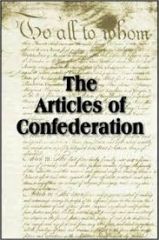
|
|
|
ratification
|
act of official confirmation |

|
|
|
levy
|
impose or raise a tax
|
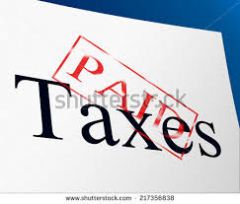
|
|
|
Founders (or Framers) |
people who helpes create the U.S Constitution |
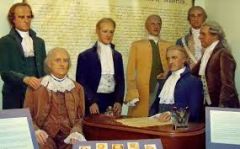
|
|
|
Virginia Plan
|
a proposal for a two house legisalure with representation according to each state's population or wealth. |
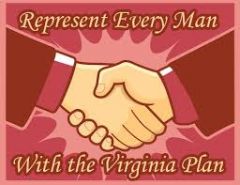
|
|
|
New Jersey Plan
|
proposal for a legislature in which each state would have one vote.
|
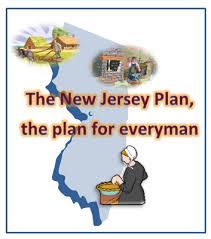
|
|
|
Great Compromise |
an agreement to establish a two house legislature, with all the states having equal representation in one hosue and each state having representation based on it's population in the other house |
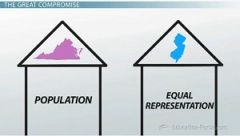
|
|
|
Three-Fifths Compromise
|
agreement that three fifths of a state's slave population would be counted for representation and taxation |
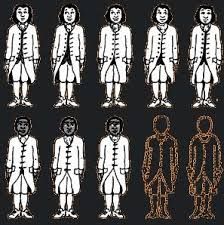
|
|
|
Executive Branch
|
The banch of government that enforces laws. |
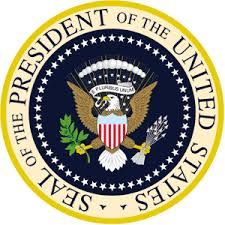
|
|
|
Judicial Branch |
the branch of government that interpret laws. |
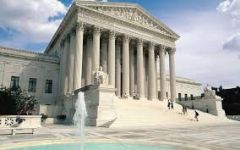
|
|
|
Legislative Branch
|
The branch of government that makes laws |
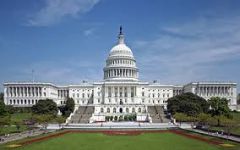
|
|
|
Checks & Balances
|
The ability of each branch of government to excerise checks, or controls , over the other branches |
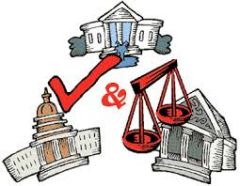
|
|
|
Antifederalists
|
People who opposed ratfication of the Constituion.
|
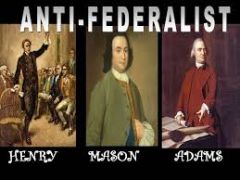
|
|
|
Federalists
|
People who supported the ratification of the Constitution. |
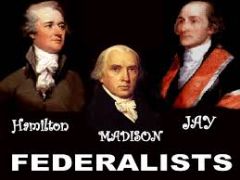
|
|
|
Federalism |
system of government in which power is shared between the national (or Federal) government and the states. |
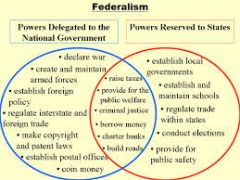
|
|
|
majority rule |
A system of government in which more than one half of a group holds the power to make decisions beinding the entire group. |
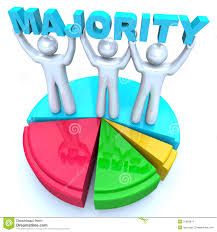
|
|
|
amendment
|
An Addition to a document |
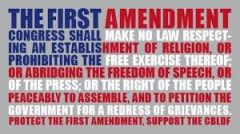
|
|
|
Bill of Rights
|
the first ten amendemnts to the U.S Constitution |
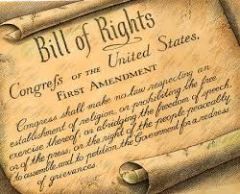
|
|
|
House of Representatives |
The Virginia assembly, which was the first representitive assembly in the American Colonies. |
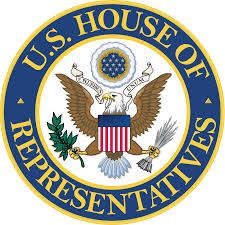
|
|
|
Senate
|
an assembly or council, having the highest diliberative functions in a government, especially in the legislative branch of government. |
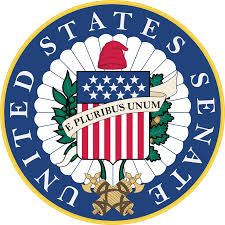
|
|
|
Congress
|
the national legislative body of the U.S., consisting of the Senate, or upper house, and the House of Representatives, or lower house, as a continuous institution. |
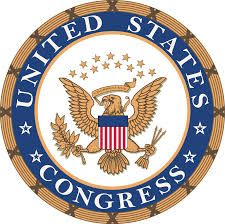
|
|
|
Popular Sovereignty |
a doctrine, held chiefly by the opponents of the abolitionists, that the people living in a territory should be free of federal interference in determining domestic policy, especially with respect to slavery. |
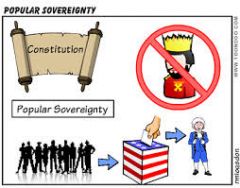
|
|
|
Republicanism
|
Republican government
|
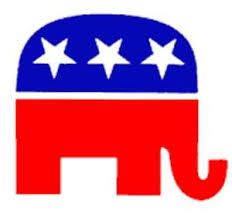
|
|
|
separation of powers
|
the power of vesting limited powers into the three branches, executive, legislature, and judicial |
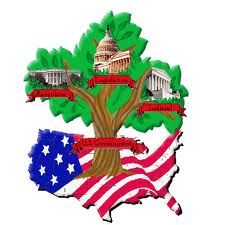
|
|
|
limited government
|
where the power held by the government is limited |
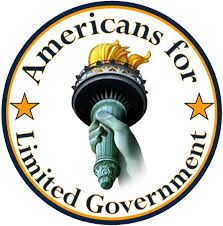
|
|
|
bicameralism |
having two branches, chambers, or houses, as a legislative body. |

|
|
|
judicial review |
the prinicple that states that the supreme court has the final sat in interpeting the consitiution |
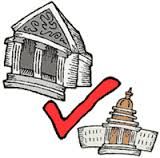
|
|
|
impeachment |
in Congress or a state legislature the presentation of formal charges against a public official by the lower house, trial to be before the upper house. |
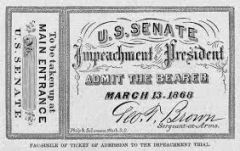
|
|
|
quorum
|
The number of members in a group
|

|
|
|
revenue
|
The amount of money regulary coming in
|

|
|
|
veto |
To prevent from becoming a law |
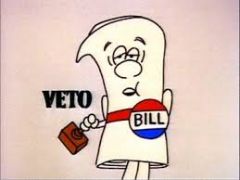
|
|
|
naturalization |
to adapt or accustom to a place or to new surroundings. |
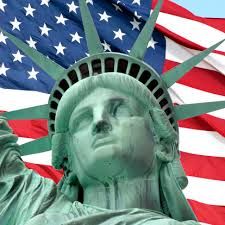
|
|
|
elastic clause
|
A statement in the constiution which allows to pass all necessary laws |
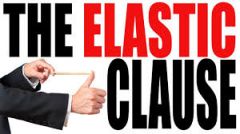
|
|
|
natural born citizen
|
A person who was naturally born in the US
|
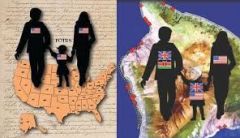
|
|
|
electoral college |
a body of electors chosen by the voters in each state to elect the president and vice president of the U.S.
|
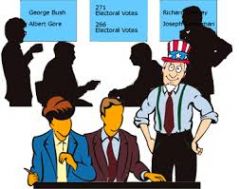
|
|
|
Supreme Court
|
the highest court in the U.S |
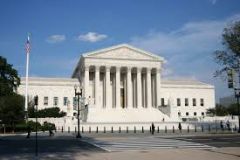
|
|
|
suffrage |
The right to vote |
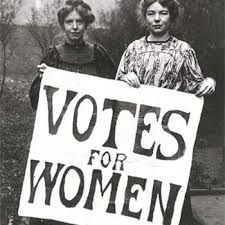
|
|
|
due process of law
|
the regular administration of the law, according to which no citizen may be denied his or her legal rights and all laws must conform to fundamental, accepted legal principles, as the right of the accused to confront his or her accusers. |
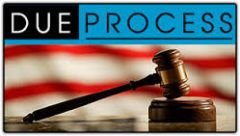
|
|
|
bail
|
property or money given as surety that a person released from custody will return at an appointed time.
|
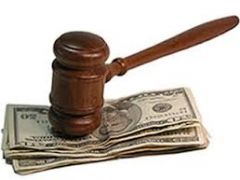
|
|
|
Constitution |
the system of fundamental principles according to which a nation, state, corporation, or the like, is governed. |
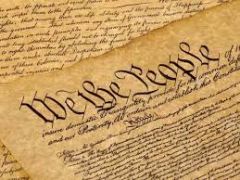
|

